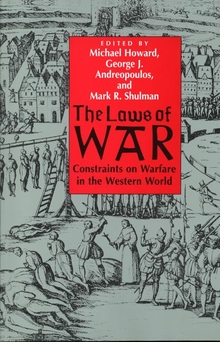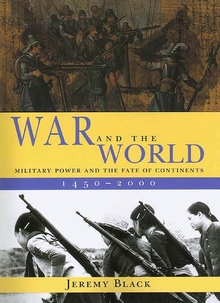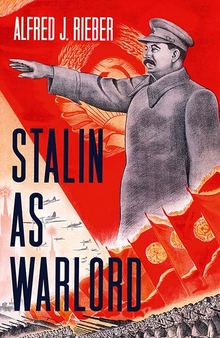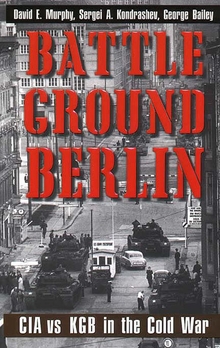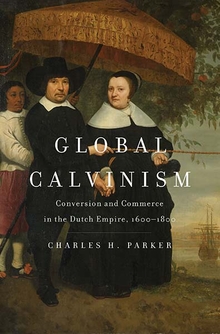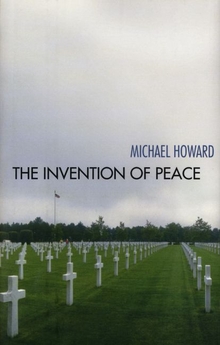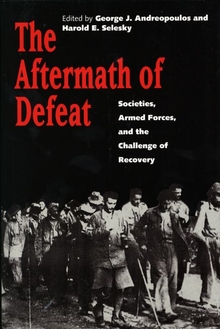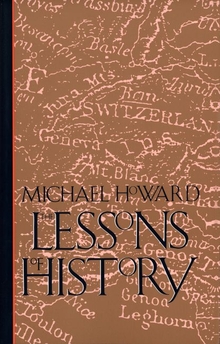The Laws of War
WARNING
You are viewing an older version of the Yalebooks website. Please visit out new website with more updated information and a better user experience: https://www.yalebooks.com
Constraints on Warfare in the Western World
Michael Howard; Edited by George Andreopoulos and Mark R. Shulman
The book begins with a general overview of the subject by Michael Howard. The contributors then discuss the formal and informal constraints on conducting war as they existed in classical antiquity, the age of chivalry, early modern Europe, colonial America, and the age of Napoleon. They also examine how these constraints have been applied to wars at sea, on land, and in the air, planning for nuclear war, and national liberation struggles, in which one of the participants is not an organized state. The book concludes with reflections by Paul Kennedy and George Andreopoulos on the main challenges facing the quest for humanitarian norms in warfare in the future.
"A solid historical overview of the evolution of an issue that is frequently addressed by historians, political scientists, and philosophers."—Dennis E. Showalter
"The Laws of War is must reading for anyone interested in humanity's ongoing efforts to regulate its cultural propensity for self-destruction."—Dennis Showalter, History Book Club
"A fine collection of essays that are organized chronologically and are . . . clear, concise, and informative."—Eliot A. Cohen, Foreign Affairs
"One of the very best works written about this critical field. To the beginner, it provides an easily understood and comprehensive introduction; to the advanced practitioner, it offers a chance to explore new areas and to examine previously held beliefs and attitudes. . . . I highly recommend The Laws of War and anticipate great benefit from it."—W. Darrell Phillips, Airpower Journal
"International lawyers will benefit from tracing rules of present-day military manuals back to their origins. . . . What is borne out by the collection in general is that a felicitous fusion of international law and history can be both productive and good reading."—Yoram Dinstein, American Journal of International Law
"A chronological analysis of the major eras and events in the development of Western warfare. After examining the reciprocal and complex relationship between the advance of Western civilization and changes in Western warfare, the editors then explore how both civilization and warfare affect the laws of war and are, in turn, affected by those laws. . . . One of the very best works written about this critical field. To the beginner, it provides an easily understood and comprehensive introduction; to the advanced practitioner, it offers a chance to explore new areas and to examine previously held beliefs and attitudes. . . . I highly recommend The Laws of War and anticipate great benefit from it."—W. Darrell Phillips, Air Chronicles
"This is a stimulating and balanced collection of consistently lucid and well-written papers. That the authors never lose sight of the differences between juridical theory and military practice is a measure of their realistic and common-sense approach to a subject that is all too often burdened by sterile esoteric argument. The result is an important and sobering book."—Sean McGlynn, Millennium: Journal of International Studies
"The Laws of War blends both history and analysis—a rarity for books concerning the law—and presents itself in readable, enjoyable prose. . . . It is crucial that lawyers, soldiers, and academics understand the basics of the law of war. Contrary to the old adage, all is not fair in love and war, and it never was. This volume reminds us of that."—H. Wayne Elliot, Texas International Law Journal
"The book takes the form of a series of case studies, historical design, which reflect the theme that constraints in war are broadly determined by the civilisation-or lack of it-prevailing at the time. Individual readers will find different passages of interest and value to them. . . . There is much in this book for the general student of war as well as for the more specialist reader. Michael Howard, and his distinguished team of academics, have done well to cover so much ground so positively and constructively."—James Wilson, Army Quarterly and Defence Journal
"The authors of The Laws of War have woven a work of subtlety and persuasive argument from a morass of complex, tragic, often abstruse and controversial material. Ranging from classical antiquity to the present, they explore both the formal constraints and the unwritten conventions that have existed in the conduct of war in the western world. . . . The Laws of War stands as a vital work, containing a wealth of sympathetic understanding."—Paul Spackman, International Minds
"Simply put, this book is a 'must read' for warfighters, judge advocates, and scholars working in the field of military history, strategy and policy, or international law. It provides a much-needed historical backdrop for our sometimes sterile consideration of the laws and practices of war. In that sense, it is an immensely valuable contribution t our understanding of warfare."—Michael N. Schmitt, Naval War College Review
"This is, I am thankful to report, not a solid slab of lawyer's prose, but an accessible and thought-provoking collation of essays by a distinguished band of academics illustrating the impact of custom and law (there is a progression here; custom may in time become codified as law, a further icing of custom develops on top of the law, and so on) on the practice of war at significant periods of Western history. . . . The Notes are first class and copious in their detail—to the extent of being interesting to read in their own right. . . . I believe that this is a most important book which deserves lengthy study, and as the publishers have done us all a service in getting out at a very sensible price, it is one to own. It is remarkably readable, and has the cardinal virtue of not only informing but sending the reader out on his own further development of the ideas contained."—The British Army Review No. 116
Publication Date: February 27, 1997

